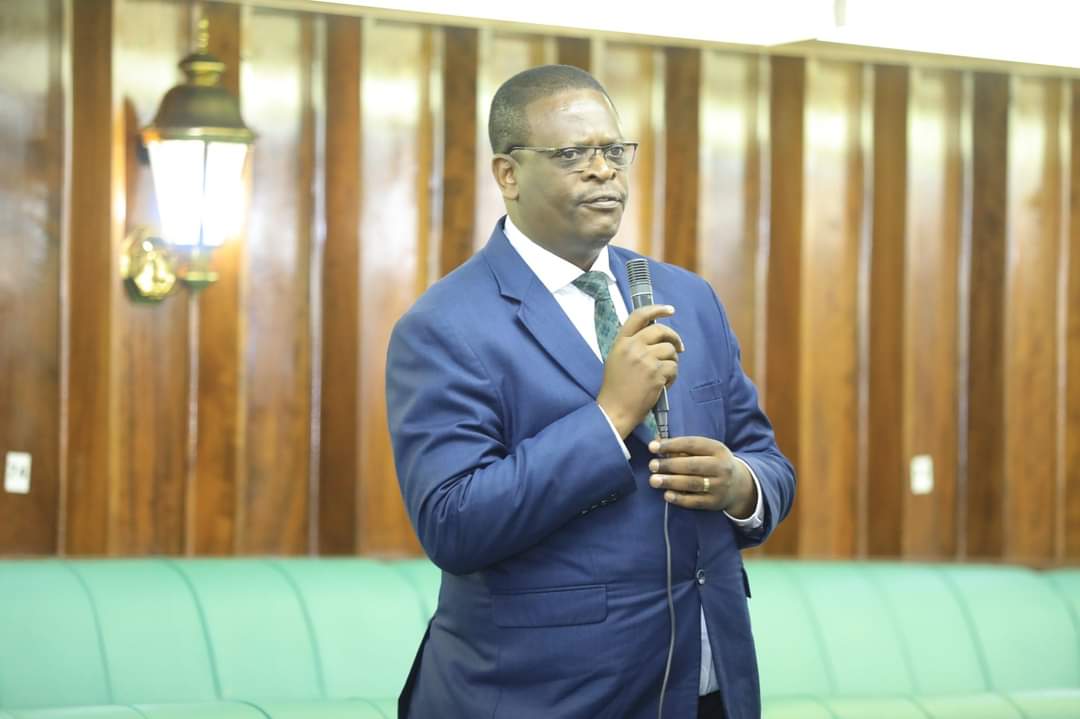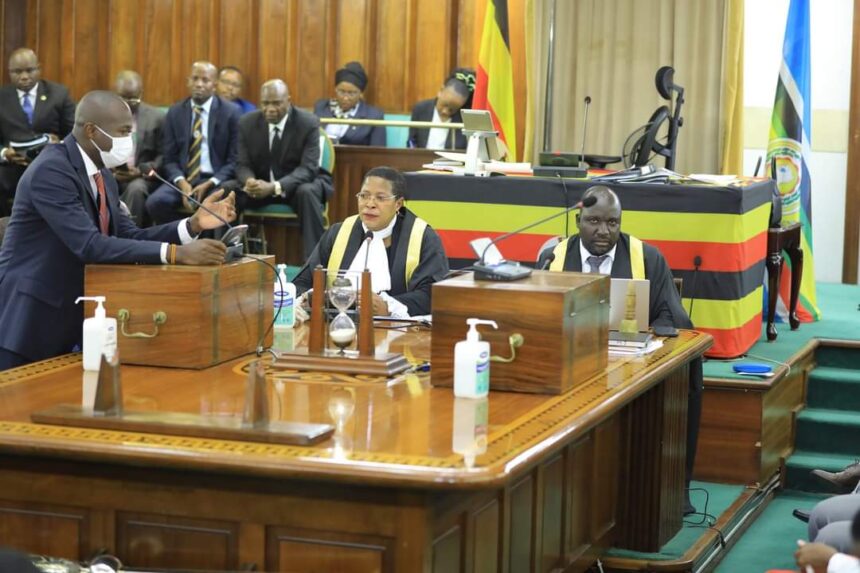Uganda’s Parliament is grappling with a growing debate over the future of the National Forestry Authority (NFA), with MPs accusing the agency of contributing to environmental destruction.
Buikwe South MP Lulume Bayiga launched a blistering attack on the National Forestry Authority (NFA), accusing it of being complicit in the destruction of Uganda’s natural forests. Bayiga lamented the ongoing degradation of Mabira Forest, one of the country’s most significant natural reserves, which he claims has been left vulnerable due to the NFA’s mismanagement.

“I am inviting you to Buikwe South, just to see the mayhem they have caused to the natural environment,” Bayiga stated, urging fellow MPs to visit the area and witness the environmental damage firsthand. He further revealed that he had written to the Inspector General of Government (IGG) to investigate NFA officials, pushing for legal action against those responsible for what he described as “mayhem” inflicted on Uganda’s forests.
Bayiga’s outrage stems from the NFA’s supervision of the replacement of natural forests with eucalyptus and pine plantations, a practice he says is not only unsustainable but also environmentally destructive.
According to him, the very agency entrusted with protecting Uganda’s forests has instead been responsible for handing them over for commercial purposes. “Actually, such people shouldn’t be integrated into the Ministry but instead, they should be prosecuted and put under the gallows for destruction of the environment,” he added.
Butambala County MP Muwanga Kivumbi expressed shock at the shifting positions of some MPs. He noted that when the proposal to abolish the NFA was first brought to Parliament, it was rejected, but now some of the same MPs were supporting its dissolution. “The last time we had this debate, there was rebellion from some MPs. Good enough, I see some MPs shifting sides and that is why I said, God is good, all the time,” Kivumbi remarked, pointing out the inconsistency in parliamentary support.
The calls for NFA’s abolishment have gained momentum, particularly after State Minister of Water and Environment Beatrice Atim Anywar, argued that dissolving the agency would not only save the government Shs3 billion annually in staff salaries but also help address disparities in pay within the Ministry of Water and Environment.
According to Anywar, merging NFA functions into the Ministry would improve efficiency, service delivery, and financial management. “It will help promote coordinated administrative arrangements, policies, and procedures for ensuring efficient and successful financial, accounting, and budgetary discipline of the Government agencies,” she said.
The NFA was established to safeguard Uganda’s forests, but in recent years, it has faced increasing scrutiny over its role in the exploitation of forested land for commercial plantations. Environmentalists and some MPs, like Bayiga, argue that the agency has prioritized profits over conservation, contributing to deforestation and environmental degradation. The debate over NFA’s future is part of a broader conversation about balancing economic development with environmental protection in Uganda.
As the Parliament prepares to visit Mabira Forest and deliberate on NFA’s fate, the controversy highlights the growing rift between those advocating for the environment and those pushing for government efficiency. Will the dissolution of NFA address Uganda’s environmental concerns, or will it pave the way for more unchecked exploitation of the country’s natural resources?

